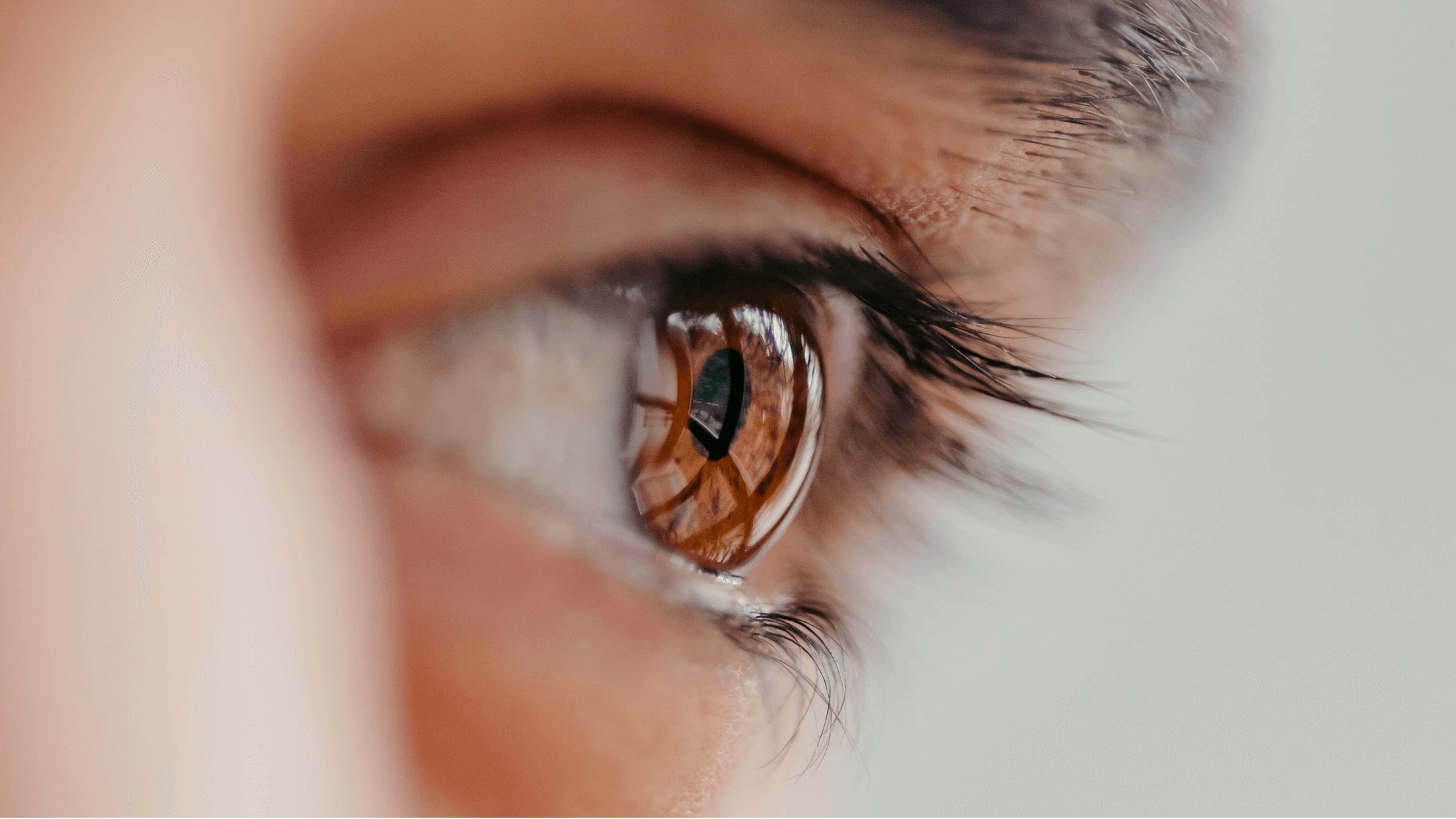Depression & Mood Disorders
depression & mood disorders
depression and mood, let’s find stability
Depression and mood disorders are prevalent conditions that significantly impact both mental and physical health. These disorders are characterized by persistent feelings of sadness, hopelessness, and a lack of interest or pleasure in daily activities. Mood disorders, including major depressive disorder, bipolar disorder, and cyclothymic disorder, affect emotional regulation and can result in severe mood swings, irritability, or emotional numbness.
The causes of depression and mood disorders are complex and involve a combination of genetic, biochemical, environmental, and psychological factors. Imbalances in brain chemicals such as serotonin, dopamine, and norepinephrine play a key role in the development of these conditions, while stress, trauma, and chronic illness can exacerbate symptoms.
At Modyfi, we take an integrative approach to treating depression and mood disorders by addressing the underlying biological, emotional, and environmental factors. Our treatment strategies include therapy, functional medicine, and mindfulness practices to restore balance and promote long-term emotional well-being.


FAQs
Depression and mood disorders involve persistent changes in mood that disrupt daily functioning. Depression, characterized by feelings of sadness, hopelessness, and low energy, is the most common mood disorder. Other mood disorders, like bipolar disorder, cause extreme mood swings between depressive episodes and periods of heightened energy or irritability. These conditions can affect all aspects of life, including work, relationships, and physical health.
Depression and mood disorders are caused by a combination of genetic, biochemical, environmental, and psychological factors. Imbalances in neurotransmitters like serotonin, dopamine, and norepinephrine can contribute to symptoms of depression. Environmental factors, such as trauma, chronic stress, and life events, along with a family history of mood disorders, can increase the risk of developing these conditions.
Common symptoms of depression include persistent sadness, loss of interest in activities once enjoyed, changes in appetite or sleep patterns, fatigue, difficulty concentrating, feelings of worthlessness or guilt, and thoughts of death or suicide. These symptoms can interfere with daily life and may require professional treatment to manage.
Bipolar disorder is characterized by extreme mood swings, including periods of intense depression and episodes of mania or hypomania (elevated mood, increased energy, impulsivity). While depression is marked by low energy and sadness, the manic phase of bipolar disorder involves heightened energy, racing thoughts, and risky behaviors. Treatment for bipolar disorder typically includes mood-stabilizing medications, in addition to therapy.
Functional medicine addresses the root causes of depression and mood disorders by focusing on nutritional imbalances, hormone regulation, gut health, and inflammation. Nutrient deficiencies in vitamins such as B12, magnesium, and omega-3 fatty acids can contribute to mood imbalances. Functional medicine also explores how chronic inflammation, stress, and hormonal imbalances affect mood and brain function.
Therapy is essential in treating depression and mood disorders, helping individuals understand the underlying causes of their emotions and develop coping mechanisms. Cognitive-behavioral therapy (CBT) is particularly effective in challenging negative thought patterns and improving emotional regulation. Dialectical behavior therapy (DBT) can be used to help individuals with mood swings and emotional dysregulation, particularly in cases of bipolar disorder or borderline personality disorder.
Yes, chronic stress and past trauma are significant contributing factors to depression and mood disorders. Prolonged exposure to stress or traumatic events can alter brain chemistry, increasing the risk of developing depression. Trauma, especially unresolved emotional wounds from childhood, can also lead to feelings of hopelessness and emotional numbness, which are characteristic of depression.
Nutrition plays a crucial role in regulating mood and mental health. Deficiencies in key nutrients such as omega-3 fatty acids, vitamin D, and B vitamins can contribute to depression. A diet rich in whole foods, healthy fats, lean proteins, and antioxidants can support brain health and improve mood. Additionally, balancing blood sugar levels through consistent, healthy meals can help stabilize energy levels and emotions throughout the day.
Mindfulness and meditation can significantly help manage depression and mood disorders by promoting relaxation and improving emotional regulation. Mindfulness practices help individuals become more aware of their thoughts and feelings, reducing rumination and negative thought patterns. Meditation, yoga, and deep breathing exercises can reduce stress, enhance mood, and increase overall emotional resilience.
Treatment for mood disorders typically involves a combination of therapy, medication, and lifestyle changes. Antidepressants, mood stabilizers, or other medications may be prescribed to balance brain chemistry. Psychotherapy, particularly CBT, helps individuals manage symptoms and develop healthier coping strategies. Functional medicine and lifestyle changes, such as improving nutrition, sleep, and exercise, are also effective in supporting mental health and improving mood.










